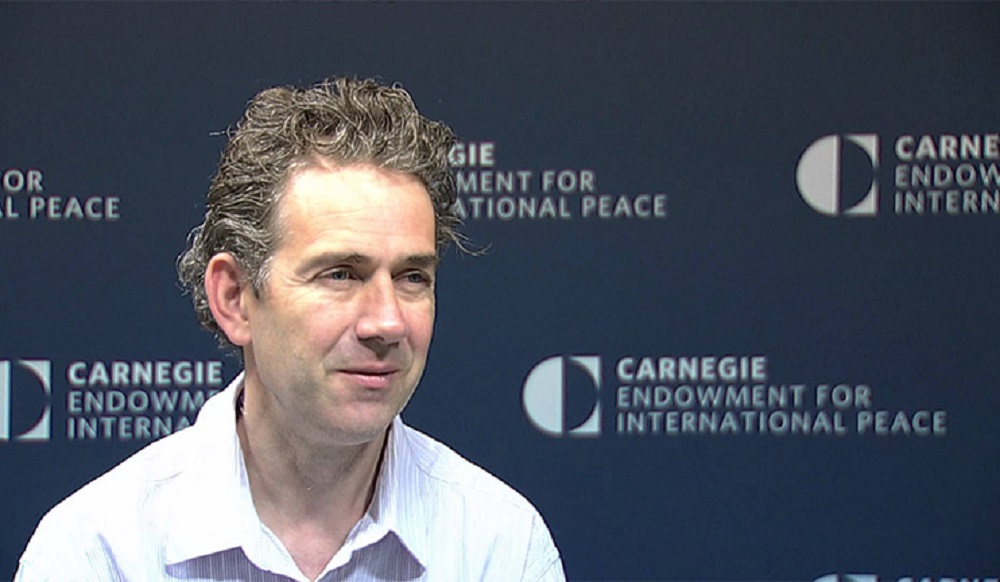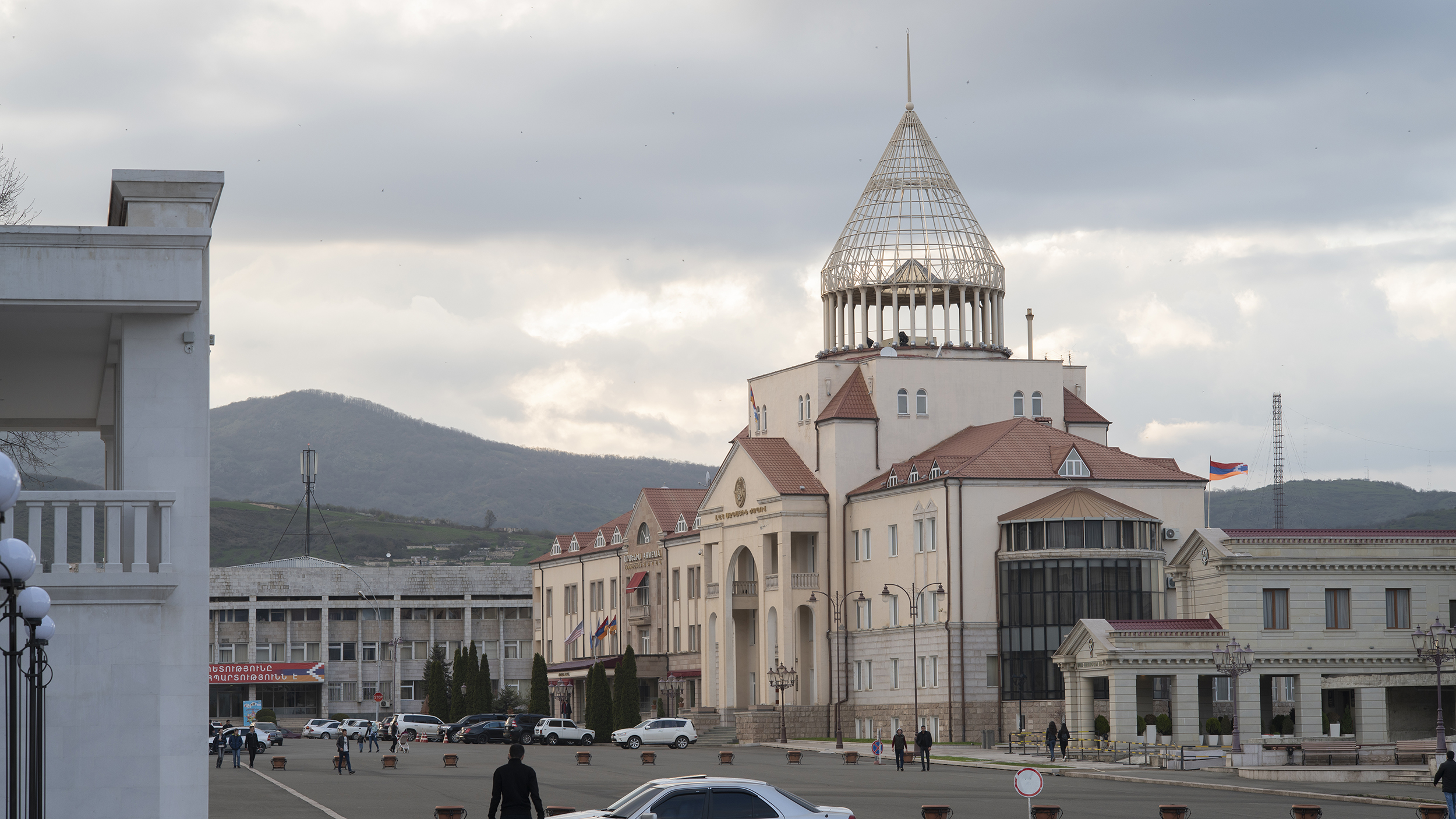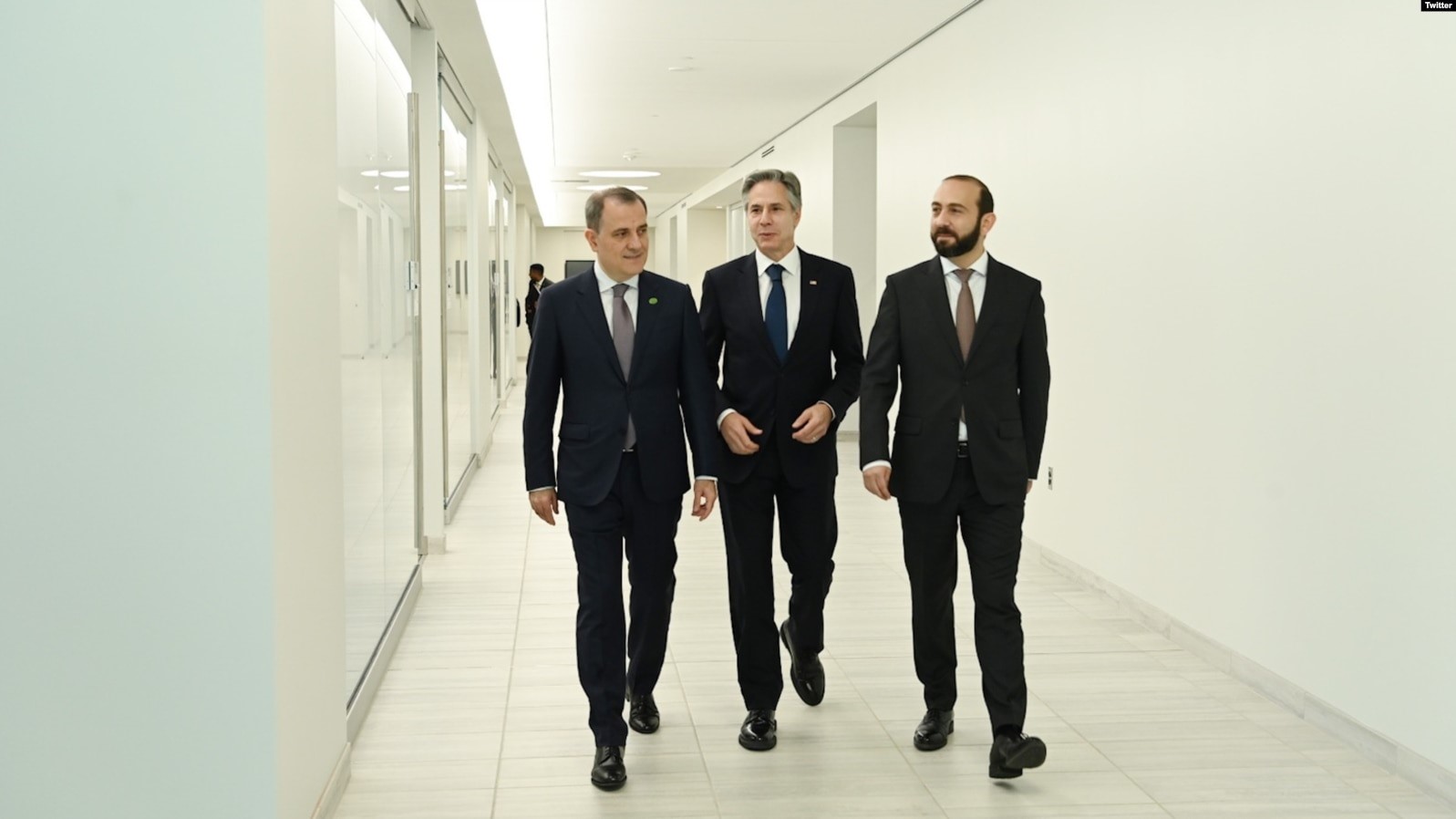“Baku has no motivation to make concessions”: expectations of the meeting in Brussels
Pashinyan-Aliyev-Michel meeting in Brussels
The Pashinyan-Aliyev Brussels meeting, mediated by the head of the European Council, Charles Michel, will not take place on July 21 as previously announced, but on July 15. The Prime Minister of Armenia announced this at a government meeting and added that he confirmed his participation.
“I hope for progress in the negotiations on a peace treaty during this meeting,” he said.
However, speaking of progress, Nikol Pashinyan, apparently, does not mean the signing of the document. The fact is that last week he also touched upon the expected meeting with Ilham Aliyev and stressed that “the text of the peace agreement is not yet ready for signing.”
Armenian and foreign experts also see no reason for optimism. During the discussion, organized by the Article 3 Club, they said that the negotiation process is certainly better than the conflict, but against the backdrop of disagreements between the parties on key issues, one should not expect much progress or signing of the document. Leading analyst at the Carnegie Endowment Thomas de Waal, political scientist Tigran Grigoryan and military expert Leonid Nersisyan took part in the discussion.
Thomas de Waal
Lead Analyst at the Carnegie Endowment
“Unfortunately, there are no grounds for optimism regarding the next round of negotiations in Brussels. Of course, it is good that the negotiations continue. But there are many problems, two of them are the main ones.
First, negotiations are being conducted by Moscow and in parallel by Washington and Brussels. It seems to me that on some points the position of Russia differs from the position of the West. For example, with regard to unblocking regional communications, the Russian Federation claims that its border service should be the guarantor of the safety of these roads. I was told that Azerbaijan supports Moscow in this matter. But I think that this does not correspond to the position of Yerevan.
In addition, Moscow will not support a document signed outside of Russia. We recently saw that there was an attempt to organize a meeting between Stepanakert and Baku in Bulgaria, but the meeting did not take place. According to my information, it was Russia that was able to disrupt this meeting.
Of course, when there is a direct confrontation between Russia and the West around Ukraine, one should not expect that there can be a unified position on the Armenian-Azerbaijani issues.
You know the second problem better than me. Pashinyan, the leadership of Armenia went much further than any previous government [referring to the recognition of the territorial integrity of Azerbaijan, including Nagorno-Karabakh]. But not a single leader of Armenia will sign an agreement with Azerbaijan unless there are certain guarantees of the rights and security of the Karabakh Armenians. We do not see Baku’s readiness to make concessions on this issue; on the contrary, the position is becoming tougher. Recently, the blockade, the strangulation of Karabakh continues.
Of course, the negotiation process is better than the conflict, but I do not see the possibility of signing a peace treaty.
Baku will be tempted to think that if the agreement is not signed, it may once again exert pressure on the Armenian side.
I hope that I am wrong, that Baku will soften its position on the Lachin corridor, as well as statements against the Armenians of Karabakh. For example, Stepanakert declares that it is ready to meet and negotiate with the Azerbaijanis, but under the umbrella, under the auspices of the international mechanism. The Azerbaijani side says no, this is our internal problem.
There are a lot of questions between Baku and Nagorno-Karabakh Armenians: police, citizenship, religion, a lot of questions. Therefore we need a serious international format, and not just a meeting of five. We need a working group. It is clear that Stepanakert does not have such opportunities, and what is even worse, in my opinion, there is no single position in Karabakh itself.”
Tigran Grigoryan
Political scientist, head of the Regional Center for Democracy and Security
“Detailed work is underway in Washington on the text of the peace treaty. Brussels will not negotiate the text of the agreement, but will try to bring together the political positions of the parties on key issues.
It is difficult to say how successful this will be. These are fundamental questions for both sides. Some questions are a red line for both sides.
There are differences between the parties on 3 key issues:
- formation of a mechanism for direct negotiations between Baku and Stepanakert,
- a package of border issues: delimitation, demarcation, withdrawal of troops, a map on which delimitation will be carried out, recognition of the territorial integrity of Armenia,
- the institution of international guarantors of the fulfillment of the provisions of the peace treaty.
Yerevan actually made the formation of a dialogue between the Baku-Stepanakert mechanism almost an obligatory condition of the peace treaty. Recently, active work has been carried out on this issue, especially from the American side.
The recognition by Azerbaijan of the territorial integrity of Armenia and the withdrawal of troops should also be considered among the issues to be resolved.
In recent months, the Armenian authorities have been repeating like a mantra: we recognize the territorial integrity of Azerbaijan, indicating a specific figure. They say directly that Nagorno-Karabakh is a part of Azerbaijan. But we have not heard any statements about the recognition of the territorial integrity of Armenia by Azerbaijan.
I am also skeptical about the withdrawal of Azerbaijani troops. I do not think that Baku will withdraw its troops from the sovereign territories of Armenia, which have been occupied since May 2021.”
Leonid Nersisyan
Military expert, researcher at the APRI Armenia analytical center
“Military imbalance brings big problems to the negotiation process. For example, Azerbaijan demands that the delimitation take place on the conditions that it puts forward. It turns out that everything is imposed by the method of force.
Of course, in such conditions it is possible to sign a document, but how much it will be accepted by society, how much it will work in 5 or 10 years is a big question. It is necessary to strive for a so-called liberal peace, and not for an aggressively imposed package that is unlikely to please the future generations of Armenia.
There are signs and evidence that the unblocking of communications is the only track on which the Azerbaijani side is ready to make some concessions compared to its initial positions. There is some progress in this regard, although there are no final decisions.
I do not think that Azerbaijan will agree to any international mediation on the Nagorno-Karabakh issue. I see that there is no pressure on Baku from the side of major players either. And if it is not there, then Baku has no motivation to make concessions.
They want to leave 10-15 people in Nagorno-Karabakh, and then talk about what they want when there is no subjectivity left. The process is moving along this path, not the path of reaching agreements.”
Follow us – Twitter | Facebook | Instagram
Pashinyan-Aliyev-Michel meeting in Brussels





















